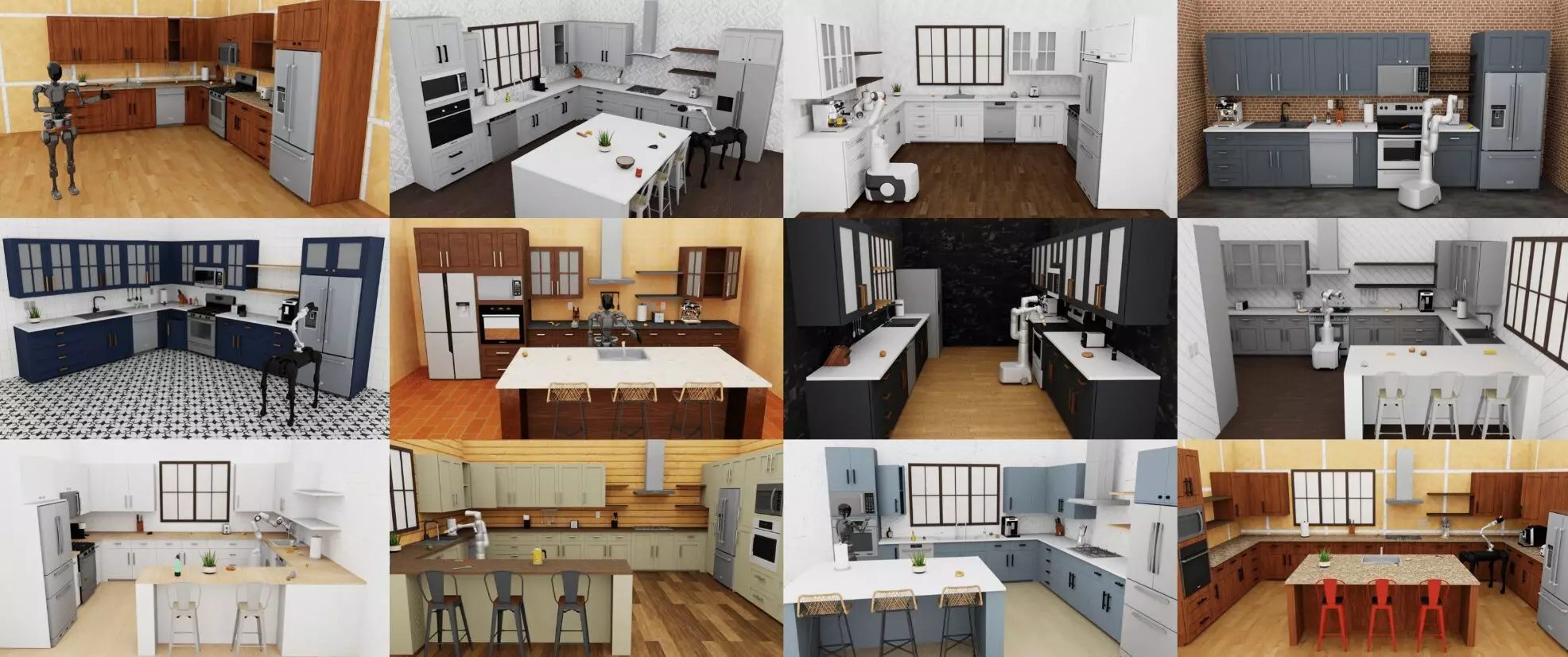Artificial intelligence (AI) tools have made significant strides in recent years, particularly in the field of robotics. The development of large computational models for natural language processing (NLP) and computer vision algorithms has been fueled by the exponential growth of training datasets. However, when it comes to robot control and planning algorithms, the availability of training data has been a limiting factor. Despite this challenge, researchers have been working on creating platforms that can facilitate the training of computational models for robotics applications.
The Introduction of RoboCasa
A recent paper pre-published on the arXiv server and set to be presented at the Robotics: Science and Systems 2024 conference introduced a new platform called RoboCasa. Developed by researchers at the University of Texas at Austin and NVIDIA Research, RoboCasa is a large-scale simulation framework designed to train generalist robots in completing various tasks in everyday settings. Lead author Yuke Zhu highlighted the importance of high-quality simulation data in training robotics foundation models, drawing inspiration from the advancements in AI.
RoboCasa offers a repository of thousands of 3D scenes featuring over 150 types of everyday objects, furniture items, and electrical appliances. The platform leverages generative AI tools to enhance the realism and diversity of the simulated environments. Additionally, RoboCasa supports various robot hardware platforms and provides extensive datasets with over 100k trajectories for model training. The inclusion of diverse object assets, scenes, and tasks sets RoboCasa apart as a comprehensive simulation platform for robotics algorithms.
Training Capabilities and Results
One of the crucial findings of the research team was the demonstration of a scaling trend in model performance based on the size of the training datasets. By combining simulation data with real-world data, the researchers observed a significant enhancement in the robot’s performance in completing tasks. The platform includes 100 tasks for training robotics algorithms, supported by high-quality human demonstrations and effective trajectory generation methods. These features make RoboCasa a valuable resource for generating synthetic training data for imitation learning algorithms.
The study’s results showcase the effectiveness of simulation data in training AI models for robotics applications. The ability to generate realistic and diverse simulated environments contributes to the scalability and performance of robotics algorithms. With RoboCasa being open-source and accessible on GitHub, other research teams have the opportunity to explore and experiment with the platform. Moving forward, the creators of RoboCasa plan to incorporate more advanced generative AI methods to expand simulations and capture a broader range of human-centered environments.
The development of platforms like RoboCasa marks a significant advancement in the integration of artificial intelligence and robotics. By providing researchers with access to high-quality simulation data and diverse training tasks, RoboCasa has the potential to drive innovation and progress in the field of robotics. As the platform continues to evolve and improve, it is poised to become a valuable tool for the robotics community in training AI models for real-world applications.


Leave a Reply